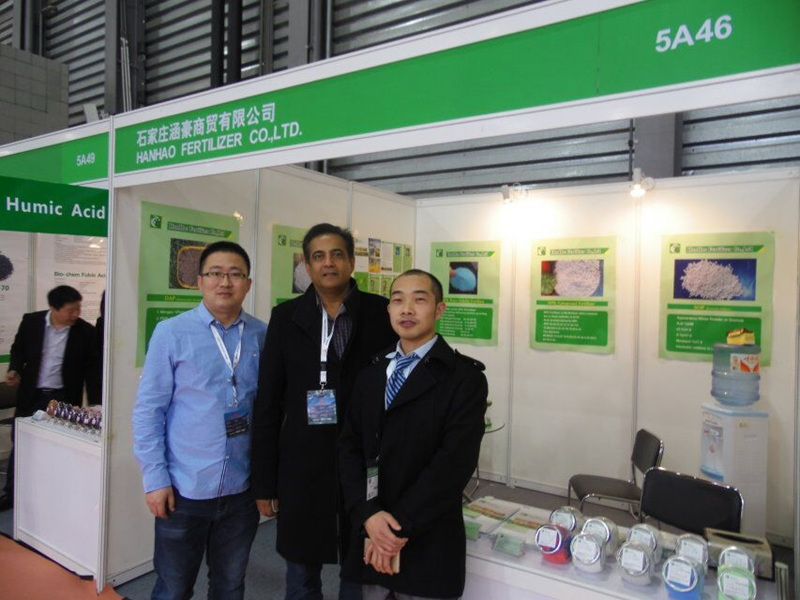
12-р сар . 10, 2024 04:20 Back to list
Monopotassium Phosphate MKP Applications and Benefits in Agriculture and Horticulture
Monopotassium Phosphate Applications and Benefits
Monopotassium phosphate (MKP), with the chemical formula KH2PO4, is a versatile compound that plays a crucial role in agriculture, food production, and various industrial processes. It is a highly soluble salt formed from potassium and phosphate, making it a vital ingredient in fertilizers and an important additive in several sectors. This article explores the applications, benefits, and significance of monopotassium phosphate in modern industry.
Agricultural Applications
One of the primary uses of MKP is in agriculture as a source of essential nutrients for plants. It contains both potassium and phosphorus, which are critical for plant growth and development. Potassium plays a vital role in regulating various physiological processes, including water uptake, enzyme activation, and photosynthesis. Phosphorus, on the other hand, is crucial for energy transfer and root development. When used in fertilizers, MKP promotes healthy crop yields, enhances root systems, and improves overall plant health.
MKP is particularly beneficial in hydroponic systems and modern farming techniques that require precise nutrient management. Its high solubility ensures that the nutrients are readily available to plants, facilitating efficient uptake and utilization. This characteristic makes MKP a preferred choice for growers seeking to optimize their crop production while minimizing nutrient waste.
Food Industry Applications
In addition to its agricultural uses, monopotassium phosphate is also utilized in the food industry. It acts as an acidulant, buffering agent, and nutrient source in various food products. MKP helps in stabilizing pH levels, improving texture, and enhancing flavor profiles, particularly in dairy products, processed meats, and some baked goods.
Moreover, MKP is often included in sports drinks and nutritional supplements due to its ability to maintain electrolyte balance in the body. By supplying potassium, an essential mineral that aids in muscle function and hydration, it supports athletes and active individuals in maintaining peak performance.
mkp monopotassium phosphate

Industrial Uses
Beyond agriculture and food production, monopotassium phosphate finds application in various industrial processes. It serves as a buffering agent in chemical reactions, a component in detergents, and even in the manufacture of glass and ceramics. The compound is valued for its ability to enhance the properties of these materials, contributing to their performance and durability.
Furthermore, MKP is used in water treatment processes, where it helps to prevent scale formation and improves the efficiency of wastewater treatment systems. Its versatility in different industrial sectors reflects its importance as a multifunctional compound.
Environmental Considerations
As with any chemical, responsible use of monopotassium phosphate is essential to minimize its environmental impact. Over-application of potassium and phosphorus fertilizers can lead to nutrient runoff, which may contribute to water pollution and algal blooms. Therefore, understanding proper application rates and timing is crucial for sustainable agricultural practices.
In recent years, the awareness of environmental issues has prompted researchers and agriculturalists to explore innovative ways to use MKP effectively. Integrating MKP into precision agriculture techniques allows for more targeted and efficient nutrient management, reducing the risk of environmental damage while maximizing crop productivity.
Conclusion
In summary, monopotassium phosphate is a vital compound with diverse applications across agriculture, food production, and industrial processes. Its unique properties as a source of potassium and phosphorus enhance plant growth, improve food quality, and contribute to various industrial applications. As sustainable practices continue to emerge, the importance of MKP is likely to grow, ensuring that it remains a key player in addressing the challenges of modern agriculture and industry. Understanding and utilizing this versatile compound responsibly will be essential for future innovations and environmental stewardship.
-
Premium Organic Manure Compost for Eco Gardens
NewsAug.01,2025
-
Organic 10-10-10 Fertilizer | Balanced Plant Nutrients
NewsJul.31,2025
-
Premium Amino Acid Fertilizer | Rapid Plant Growth Booster
NewsJul.31,2025
-
10 10 10 Fertilizer Organic—Balanced NPK for All Plants
NewsJul.30,2025
-
Premium 10 10 10 Fertilizer Organic for Balanced Plant Growth
NewsJul.29,2025
-
Premium 10 10 10 Fertilizer Organic for Balanced Plant Growth
NewsJul.29,2025
